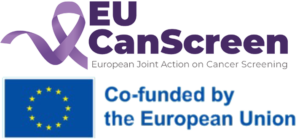25.09.2024 – 27.09.204
A kick off week for JA, EUCanScreen
Riga, Latvia
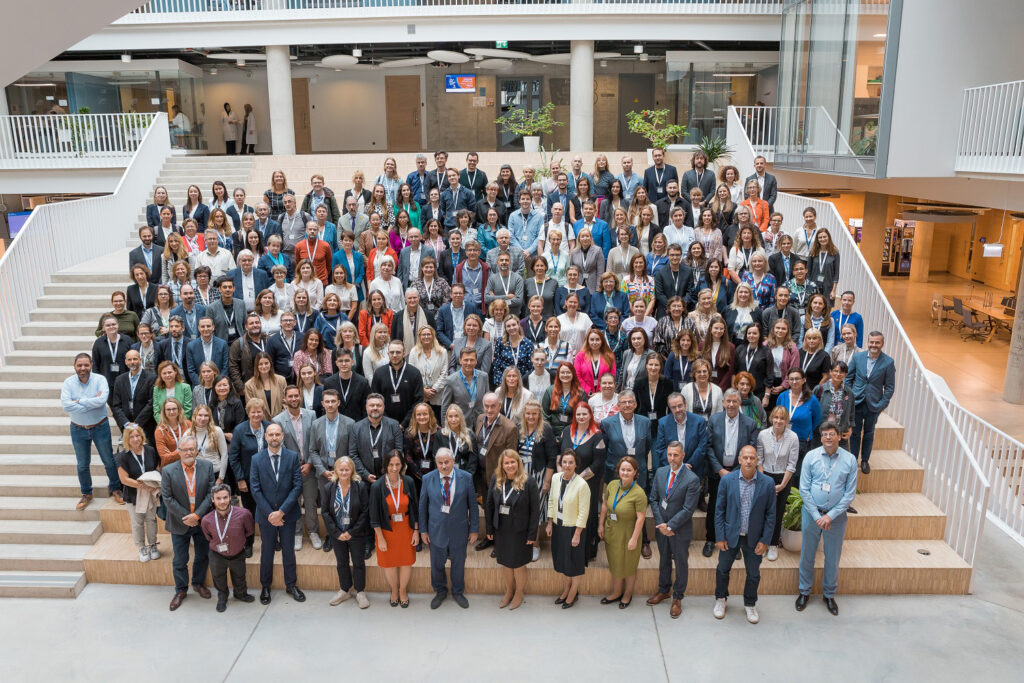
Last week was pivotal for the Joint Action on European Cancer Screening (JA EU) project, marking developments in the ongoing efforts to strengthen cancer screening systems across Europe.
A total of 209 attendees from 30 partnering countries, joined us in person during these days, and 70 participants connected with us online for the general meeting on 26 September, including 25 EU member states (Latvia, Austria, Belgium, Croatia, Cyprus, Czechia, Denmark, Estonia, Finland, France, Germany, Greece, Hungary, Ireland, Italy, Lithuania, Malta, Netherlands, Poland, Portugal, Romania, Slovakia, Slovenia, Spain, Sweden), Iceland, Moldova, Norway and Ukraine, were in hospitable place of Latvian University in Riga where several meetings between WPs (WP1: Project coordination, WP2: Dissemination, WP3: Evaluation, WP4: Sustainability, WP5: Monitoring, WP6: Addressing barriers and facilitators in cancer screening, WP7: Implementation research to improve the existing screening programmes, WP8: Facilitation of the new screening approach implementation, WP9: Risk-based approaches, WP10: Modelling and health technology assessment to optimise cancer screening programs across Europe, WP11: Capacity-building) as well as General Assembly took place, each demonstrating the value of collaboration, the focus on cancer screening and other opportunities for cooperation, innovation and new technology in cancer screening.
Project coordinators from Latvian University organized successfully these meetings, contributing significantly to the success of this important week for cancer screening in Europe. Held on from 24 till 27 of September 2024 at Latvian University, the event underscored the pressing need for enhanced cancer screening and prevention mechanisms around Europe in order to reduce cancer rates in the continent. Key speakers emphasized the importance of building strong partnerships to address the challenges posed by cancer screening, which remain one of the leading causes of mortality in Europe. Central theme of most discussions was how collaborative efforts between these organizations can create a more cohesive and efficient approach to enhance and sustain screening processes around Europe, ensuring more accurate data collection, better resource allocation, and ultimately, improved health outcomes and cancer prevention for European citizens.
The collaborative nature of the event and the extensive number of participants from cancer organizations and stakeholders, reinforced the recognition that cancer screening is a shared responsibility. By bringing together variable organizations and stakeholders and professionals with diverse expertise such as cancer screening and public health, the event demonstrated how multi-sector partnerships can drive tangible change in cancer screening and public health in Europe.
#EuCanScreen
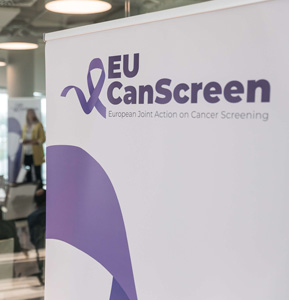
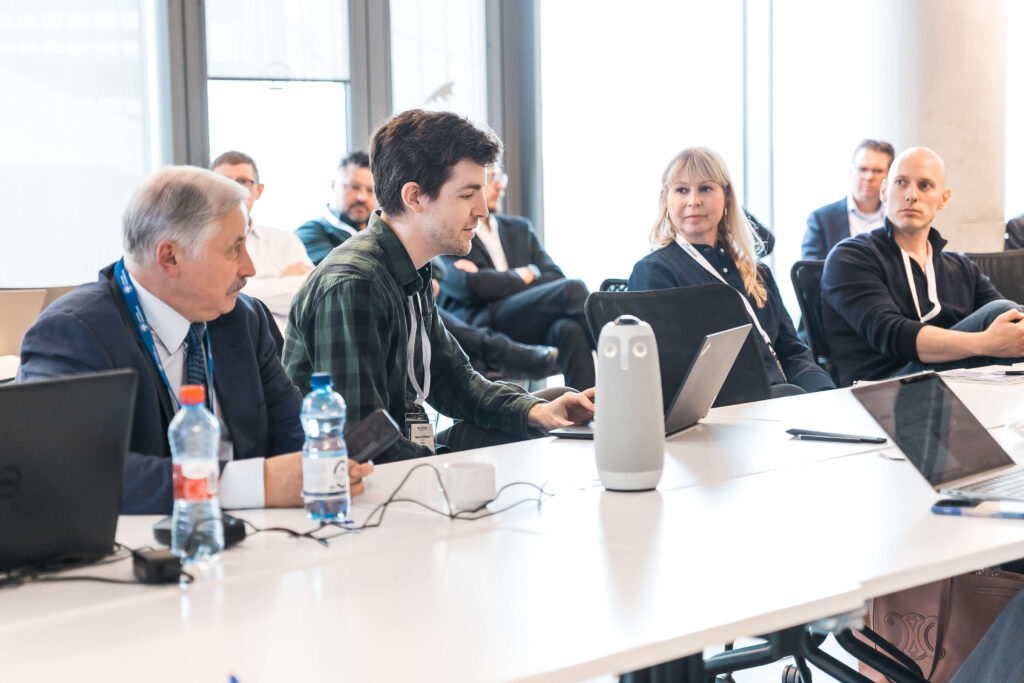
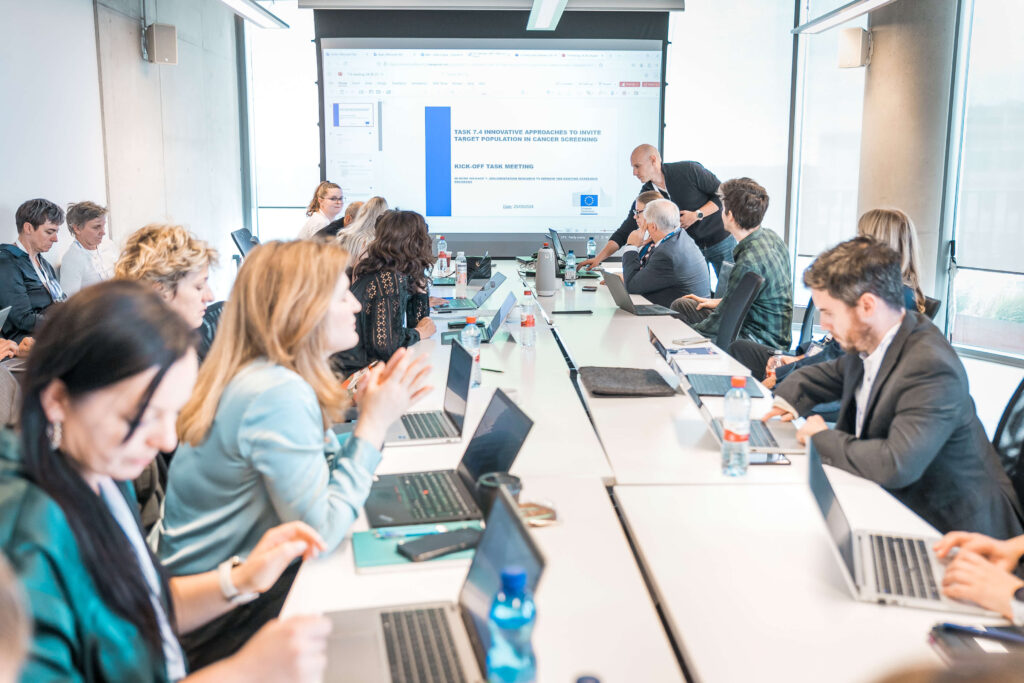
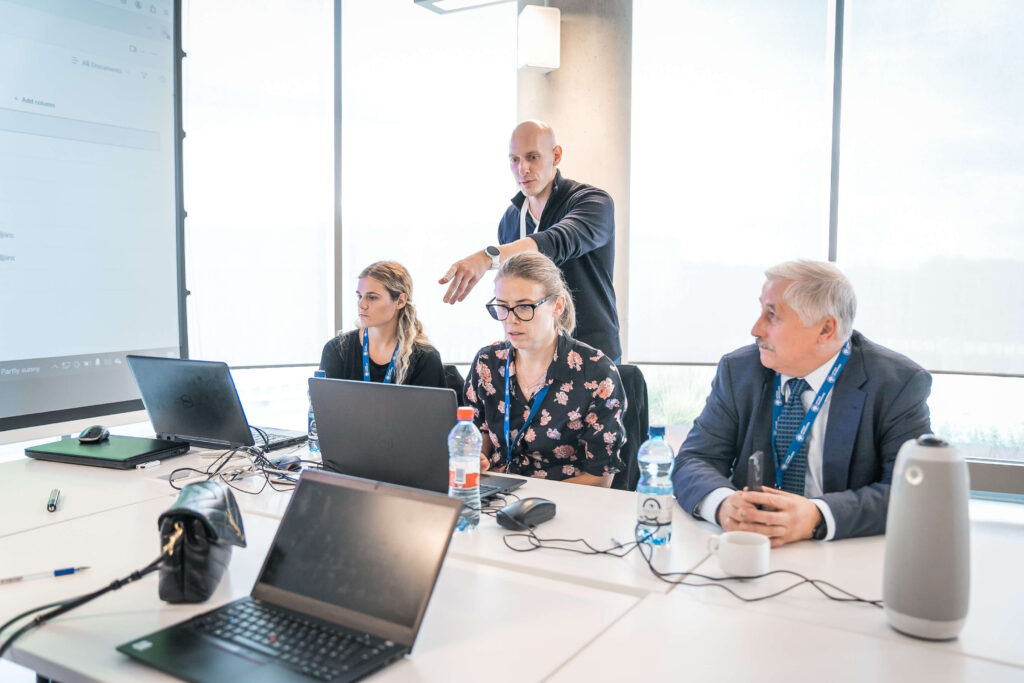
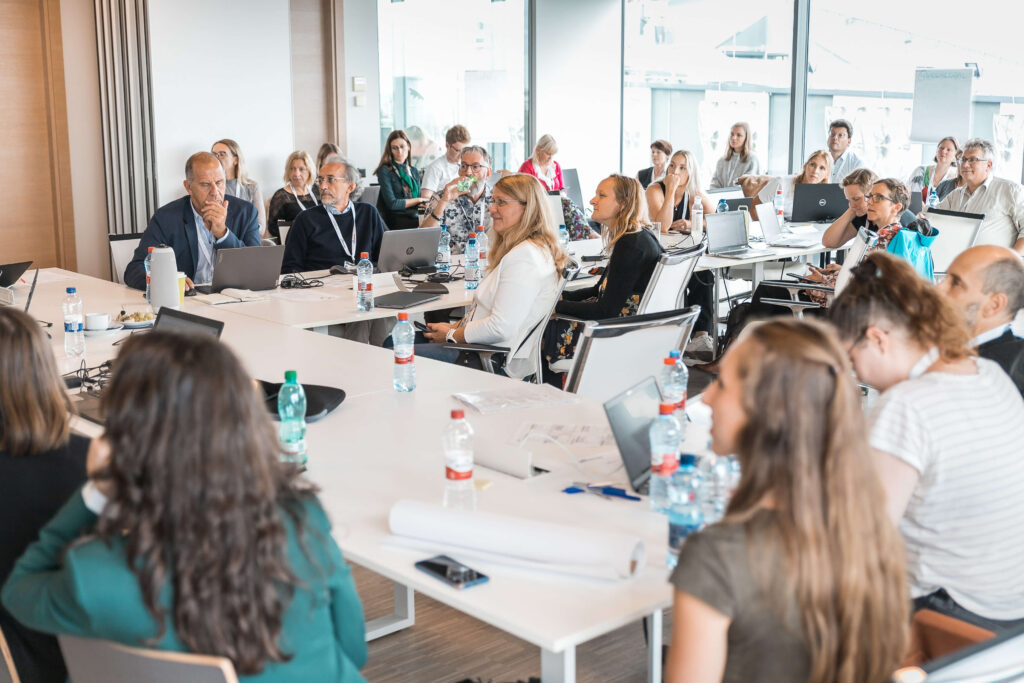
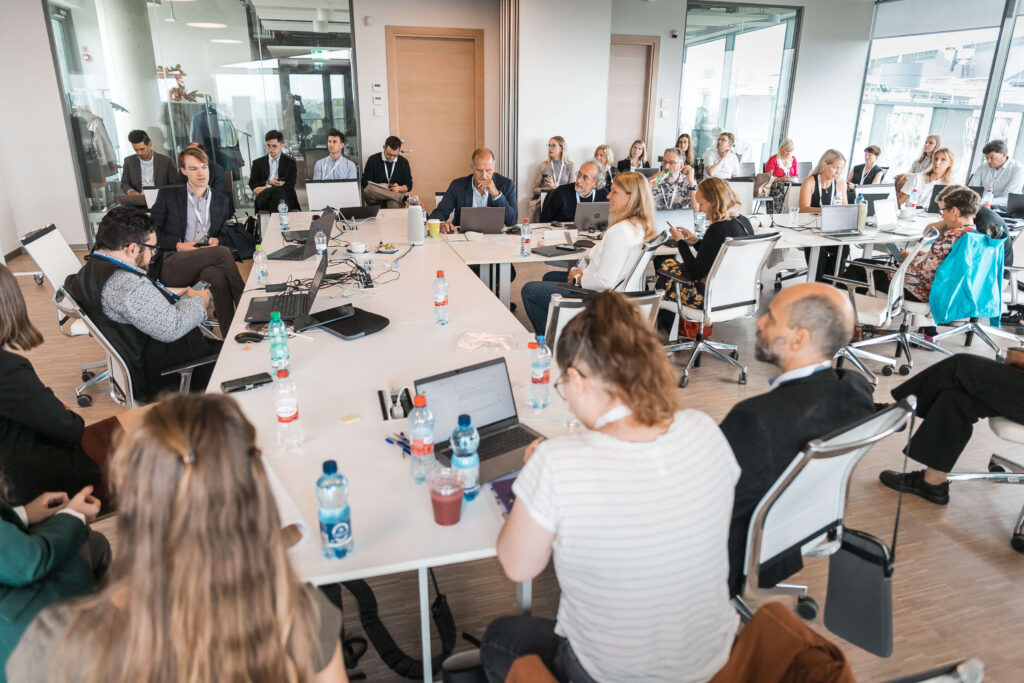
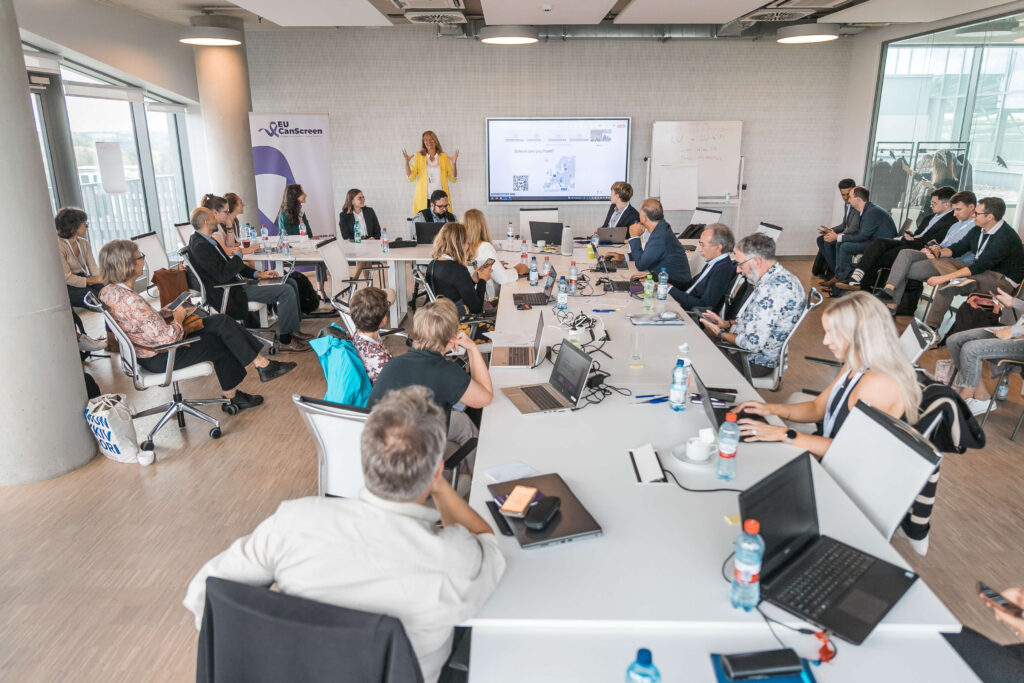
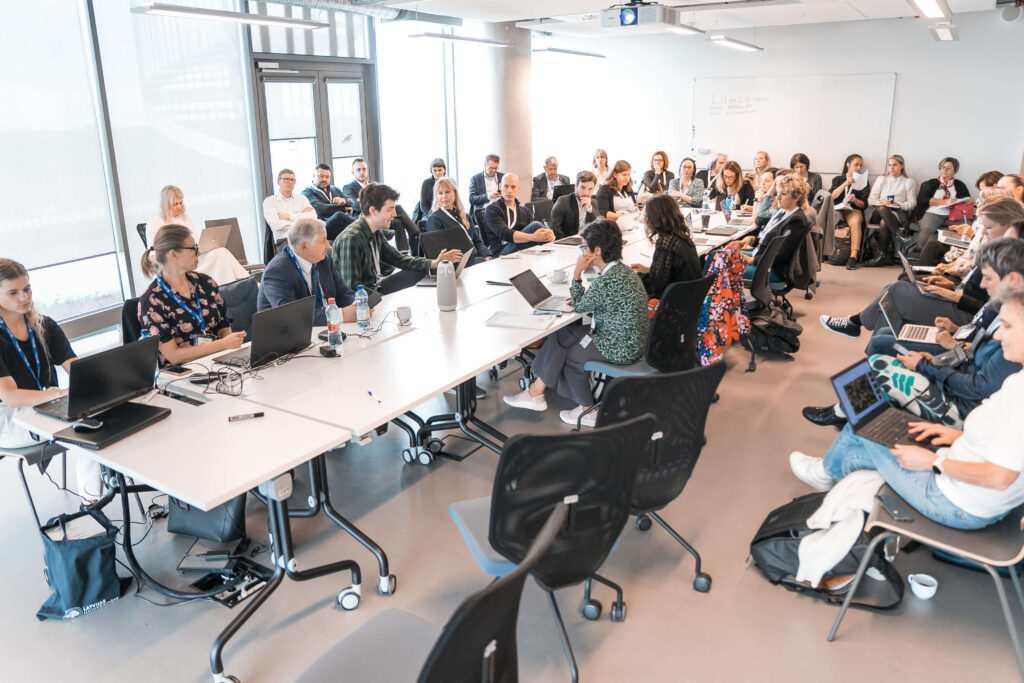
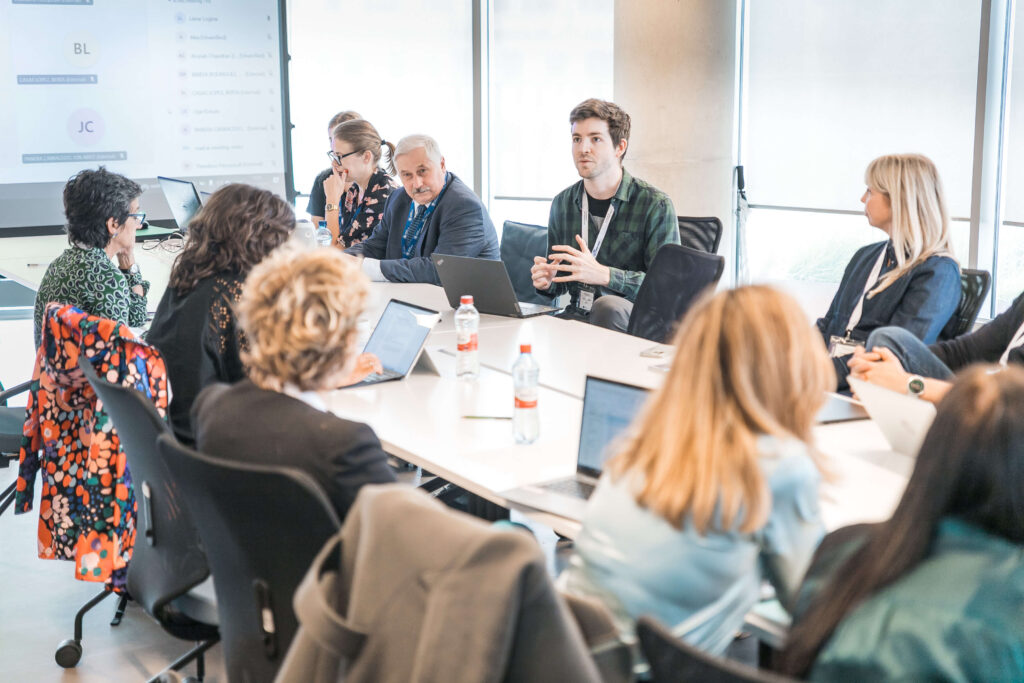
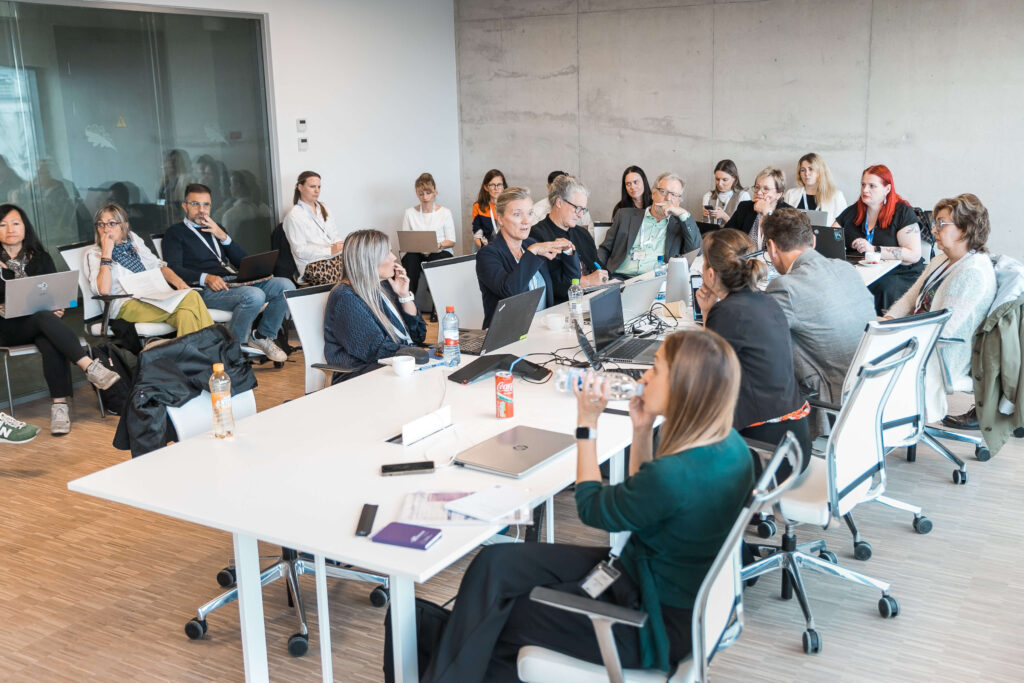
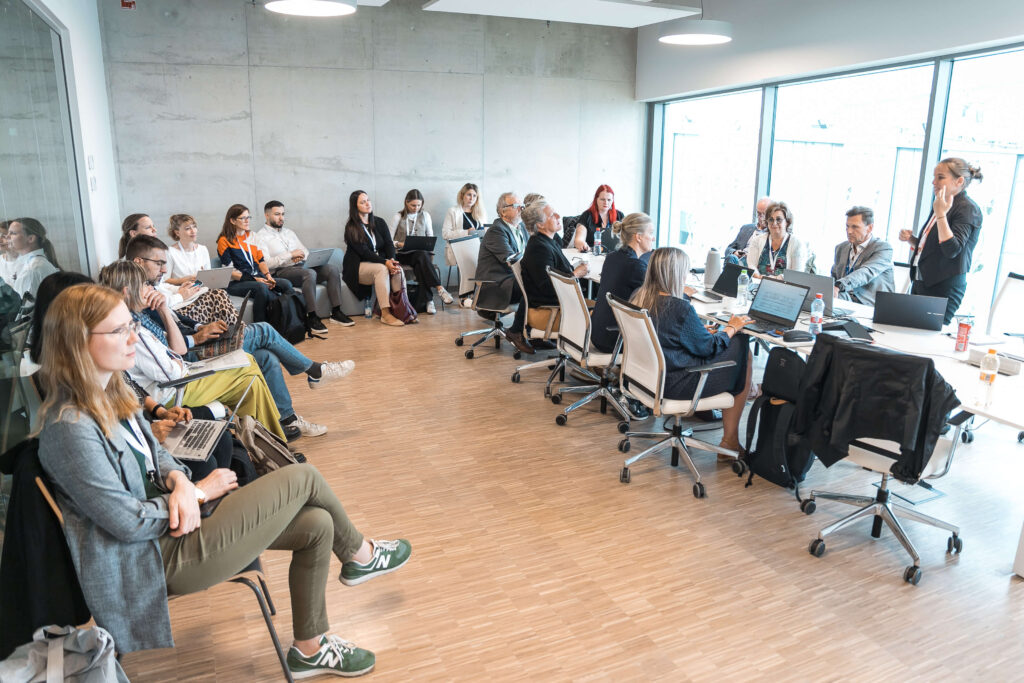
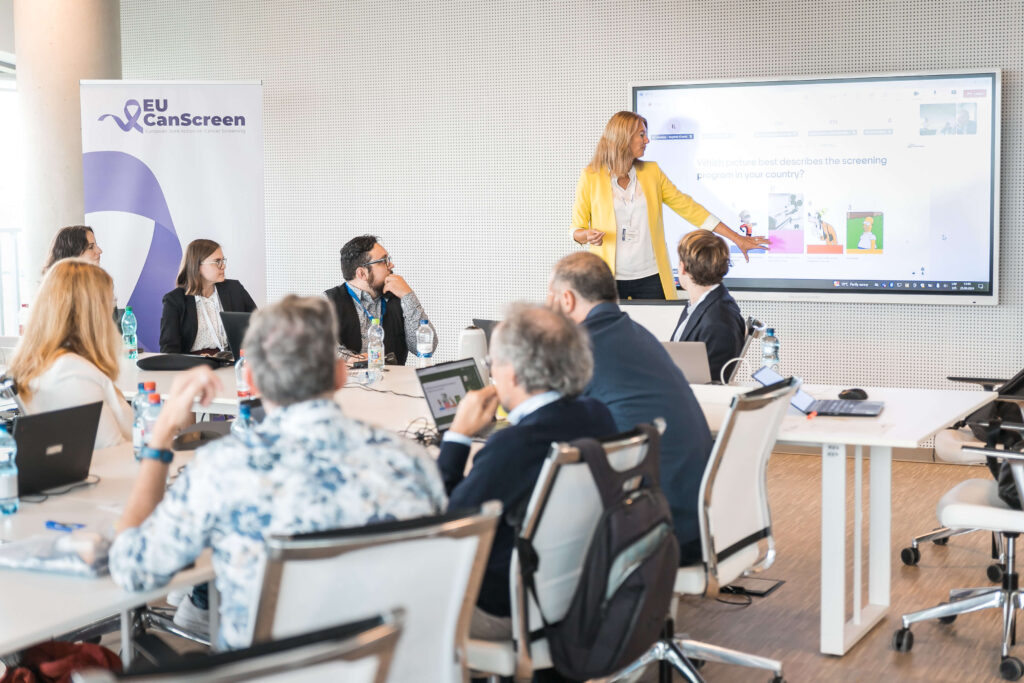

Subscribe to our newsletter to get news and updates.
Subscribe to our newsletter to get news and updates.

The general objective of EUCanScreen is to assure sustainable implementation of high-quality screening for breast, cervical and colorectal cancers, as well as implementation of the recently recommended screening programs – for lung, prostate and gastric cancers. EUCanScreen will facilitate the reduction of cancer burden and achieving equity across the EU.
This project has received funding from the European Union’s EU4HEALTH Programme under the Grant Agreement no 101162959

